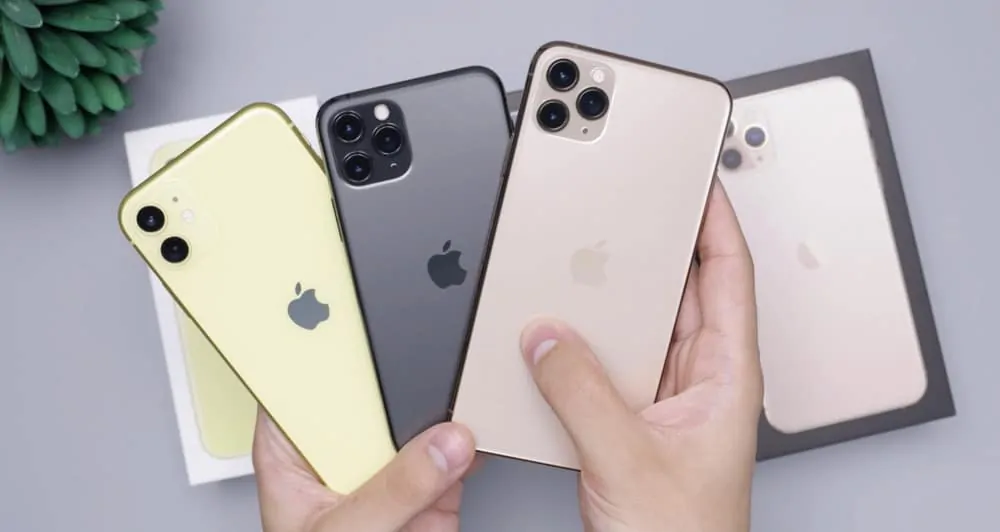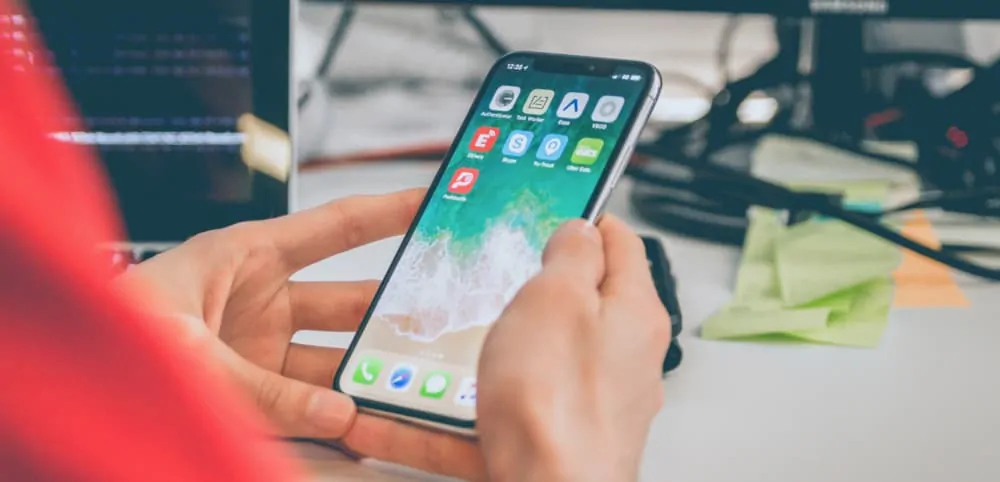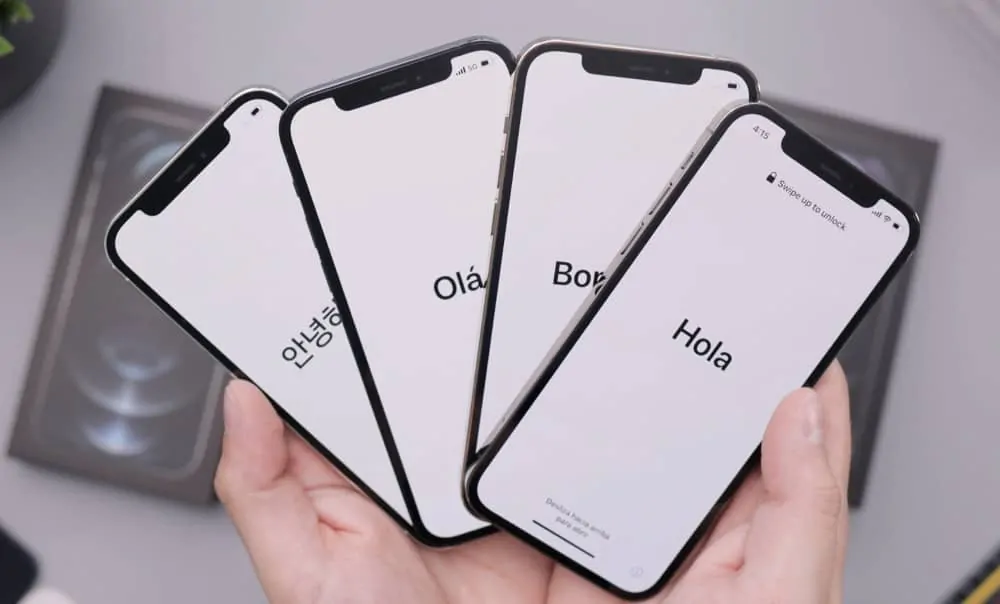The iPhone is a great piece of kit and one of the main secrets to Apple’s never-ending success between 2007 and now is that it focuses heavily on user experience.
Apple wants you to buy an iPhone, use its services, and then, when the time comes, buy another iPhone (and maybe a MacBook and an iPad and an Apple Watch along the way).
And the best way to do this is to ensure it has happy customers (which it does).
But the real core reason why Apple has so many returning customers, customers that buy iPhone again and again and again, is because iPhones actually last a long time.
And they’re simple to use. And they look nice. And have great applications and features.
How long, though?
Put it this way: I have an original iPhone SE, a phone that launched almost six years ago now, and it is still getting iOS updates.
Not only that but, despite its age and fairly low-grade specs, it still works reasonably well. Like, it is totally usable. And that, in the consumer electronics space, is more or less unheard of…
Most Windows laptops don’t last that long (yet another reason to buy a MacBook instead).
So, the short answer to this question is pretty simple: Apple’s iPhones last a long time – anywhere from six to seven years, in my personal experience.
And during this time they’ll get full support from Apple with regular iOS updates too.
With Android phones, you’ll get three years of Android updates tops. And that’s considered “news-worthy” in the Android market.
But how long will your shiny, new iPhone actually last? Does the age of the phone matter? What about the model-type? Do Pro model iPhones last longer than normal iPhones?
That’s actually a tricky question with multiple answers – so let’s explore it.
How Long Does Apple Support An iPhone?

When people ask “How long does an iPhone last?” a lot of times what they really mean is “How long will my iPhone keep getting software updates?” And if that’s your actual question, it’s a lot easier to answer.
Virtually all iPhones Apple has ever sold have kept receiving software updates (major updates to the iOS operating system) for at least five years.
But let’s look at the question through the eyes of the latest iOS release: iOS 14. Introduced in September 2020, iOS 14 includes support for iPhones going as far back as the iPhone 6s series.
That iPhone was released all the way back in September 2015–a full five years before iOS 14 was released. But considering that iOS 14 will be Apple’s latest operating system until September 2021 when iOS 15 comes out, the iPhone 6s will have received software updates from Apple for six years following its original release.
That’s not too shabby at all considering many Android phones are only supported for two or three major software releases–that’s about two to three years.
How Long Before I Need To Upgrade My iPhone?

Another question that people really mean when they ask “How long does an iPhone last?” is “How long will it be before the tech in my iPhone is so outdated, I need to get a new one?”
The answer to this question, unsurprisingly, is subjective. Some people upgrade their iPhone every year. Some people wait two, three, or four years before upgrading. It really depends on what you use the phone for that spurs an upgrade.
If you’re a gadget geek, you might upgrade every year so you have the latest and greatest iPhone. Matter of fact, until recently, many people upgraded every year or two for this reason–to get the latest tech.
But as smartphones have matured, revolutionary technology advances for the devices have slowed, meaning most people wait more than two years now to upgrade.
The average time most people upgrade to a new iPhone is about every three years now. The features that spur these upgrades include major camera advancements, major design changes, and headline new features such as Face ID or 5G support.
However, if none of those major criteria pique your interest, you might hang onto your iPhone until it starts to become slow or sluggish. When an iPhone doesn’t run as fast as it used to–it’s not nefarious planned obsolescence on Apple’s part.
As annual operating system updates become more advanced, so too must the chips that power the iPhone.
That’s why though iOS 14 runs on both an iPhone 6s and an iPhone 12, it’s so much snappier on the iPhone 12–because the modern A14 chipset in the iPhone 12 is much more capable of handling the intensive processes iOS 14 demands than the A9 in the iPhone 6s.
How Long Until My iPhone Stops Working?

The final question people really mean when they ask “How long does an iPhone last?” is “How long until my iPhone dies?” All tech, no matter if it’s a car or a smartphone, has a shelf life.
There will come a day when some component inside an iPhone will fail (the display, the RAM, the chipset) where it just won’t be possible to use the device anymore.
How long until an iPhone dies varies depending on how you’ve used it over the years. If you drop it a lot or have bad charging practices, the iPhone could die much quicker than it would have.
While there’s no guarantee to say how long your iPhone will last, most iPhones last a very, very long time.
Matter of fact, I know people who still have a fully-working original iPhone from 2007.
That iPhone has long stopped receiving software updates and can’t even connect to modern 3G networks – but it still lives and is usable for most things.


